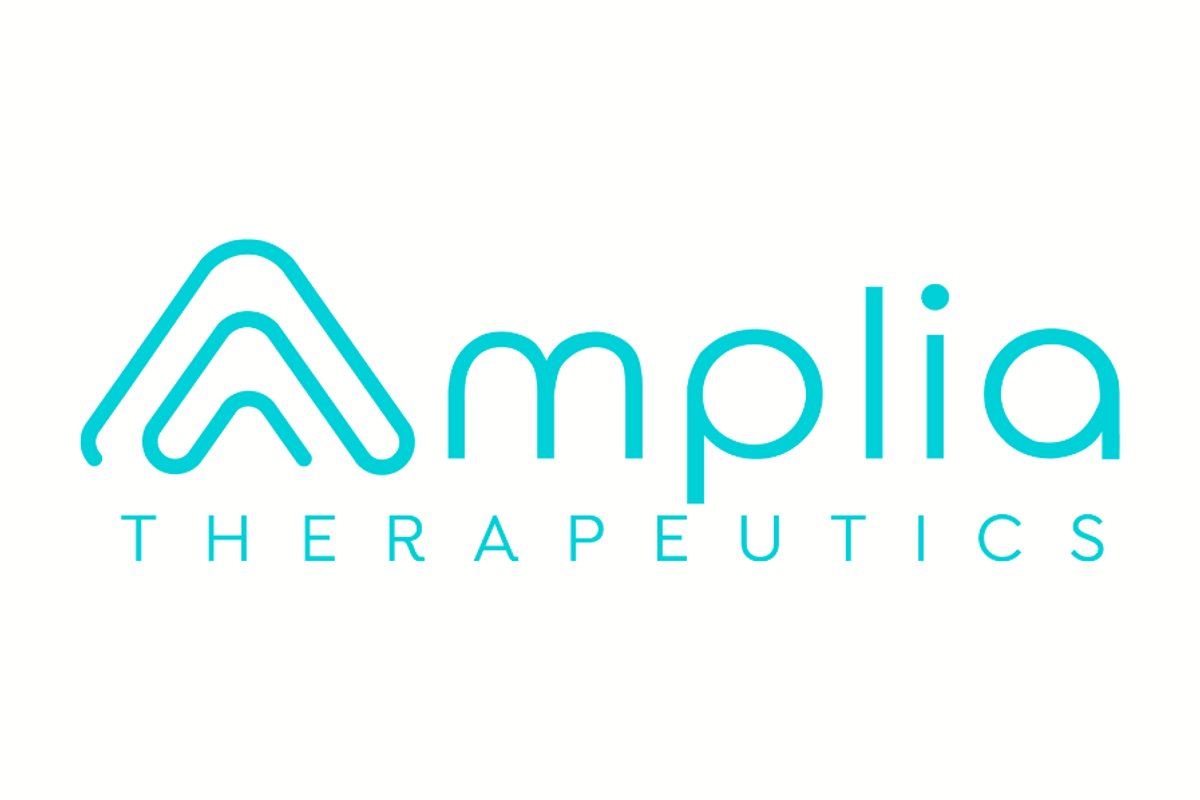
September 22, 2024
Amplia Therapeutics Limited (ASX: ATX), (“Amplia” or the “Company”), is pleased to announce that the Company’s Phase 2a clinical trial investigating narmafotinib in the treatment of advanced pancreatic cancer (the ACCENT trial) has achieved the required response rate to support continued enrolment in the study. Six (6) patients have now recorded confirmed partial responses (PRs) out of 16 assessed at the four-month timepoint, indicating that the combination of narmafotinib with the chemotherapies gemcitabine and Abraxane® is sufficiently active to support continuation of the trial.
HIGHLIGHTS
- Six (6) patients in the Company’s ACCENT trial in pancreatic cancer have now achieved the required reduction in tumour size with no detection of new lesions
- The ACCENT trial can now proceed to recruit the next cohort of 24 patients, giving a total of 50 patients on study
- The ACCENT trial explores the activity of narmafotinib, in combination with standard-of-care chemotherapy, in advanced pancreatic cancer patients
The formal term ‘confirmed partial response’ means in these patients there is at least a 30% decrease in the overall size of tumour lesions, with no new tumour lesions, sustained over a two-month period.
A total of 50 patients are planned for the Phase 2a ACCENT trial. With the six (6) confirmed PRs now obtained, recruitment of the remaining 24 patients in the trial will begin at the existing open trial sites in Australia and South Korea. Recruitment of the second cohort of patients is expected to be completed by end of Q1 2025.
A detailed interim analysis of the Phase 2a trial data obtained to date will be reported in the coming weeks; however, key points are noted below:
- Narmafotinib continues to be generally well tolerated by patients with no safety trends identified or dose reductions recorded to date
- In addition to 6 confirmed PRs, there have been 7 patients who have recorded stable disease over 2 or more months, including one patient whose stable disease has improved to achieve a partial response at their 4-month assessment
Amplia CEO and MD Dr Chris Burns commented: “Having now confirmed our sixth PR, we will move forward with recruiting the remaining 24 patients for the trial. We are actively working with our clinical sites to ensure seamless reopening of enrolment with the goal of completing recruitment by the end of March 2025. As always, we thank the patients and their loved ones for being involved with this trial"
This ASX announcement was approved and authorised for release by the Board of Amplia Therapeutics.
Click here for the full ASX Release
This article includes content from Amplia Therapeutics, licensed for the purpose of publishing on Investing News Australia. This article does not constitute financial product advice. It is your responsibility to perform proper due diligence before acting upon any information provided here. Please refer to our full disclaimer here.
The Conversation (0)
28 January
Expansion of SVN-015 into Depression Following Positive Preclinical Data
Demonstrates antidepressant-like activity benchmarked against fluoxetine (Prozac®), supporting potential in patients with inadequate SSRI response
Solvonis Therapeutics plc (LSE: SVNS), an emerging biopharmaceutical company developing novel medicines for high-burden central nervous system ("CNS") disorders, announces the expansion of its investigational compound SVN-015 into the treatment of depression, supported by preclinical data... Keep Reading...
20 January
5 Biggest Pharmaceutical ETFs for Investors in 2026
Experienced and novice investors alike may want to consider pharmaceutical exchange-traded funds (ETFs) as a way to gain exposure to the top pharma companies and the pharma market as a whole. Like all ETFs, pharmaceutical ETFs are a good option for those who want to trade a set of assets in the... Keep Reading...
17 December 2025
InMed Announces Results of 2025 Annual General and Special Meeting
InMed Pharmaceuticals Inc. (NASDAQ: INM) ("InMed" or the "Company"), a pharmaceutical company focused on developing a pipeline of proprietary small molecule drug candidates for diseases with high unmet medical needs, today confirmed that, at its annual general and special meeting of shareholders... Keep Reading...
12 December 2025
InMed Provides Update on BayMedica Commercial Business
InMed Pharmaceuticals Inc. (NASDAQ: INM) ("InMed" or the "Company"), a pharmaceutical company focused on developing a pipeline of proprietary small molecule drug candidates for diseases with high unmet medical needs, today released the following statement.Recently, H.R. 5371, the "Continuing... Keep Reading...
09 December 2025
Invion Advances Global Strategy With New Licencing Agreement
Invion (ASX:IVX) has taken a major step forward with a new global licencing agreement that streamlines its rights across key cancer and infectious disease programs. The move gives the company a clearer path to advance its Photosoft technology, expand market opportunities and strengthen... Keep Reading...
18 November 2025
InMed Announces Successful Completion of Pharmacokinetic Studies in Large Animal Model for Its Alzheimer's Disease Candidate INM-901
Data demonstrate a favorable bioavailability profile of INM-901 oral formulationData will support design and planning of first in human clinical trialsPreparing for pre-IND meeting with the FDA InMed Pharmaceuticals Inc. (NASDAQ: INM) ("InMed" or the "Company"), a pharmaceutical company... Keep Reading...
Latest News
Interactive Chart
Latest Press Releases
Related News
TOP STOCKS
American Battery4.030.24
Aion Therapeutic0.10-0.01
Cybin Corp2.140.00



